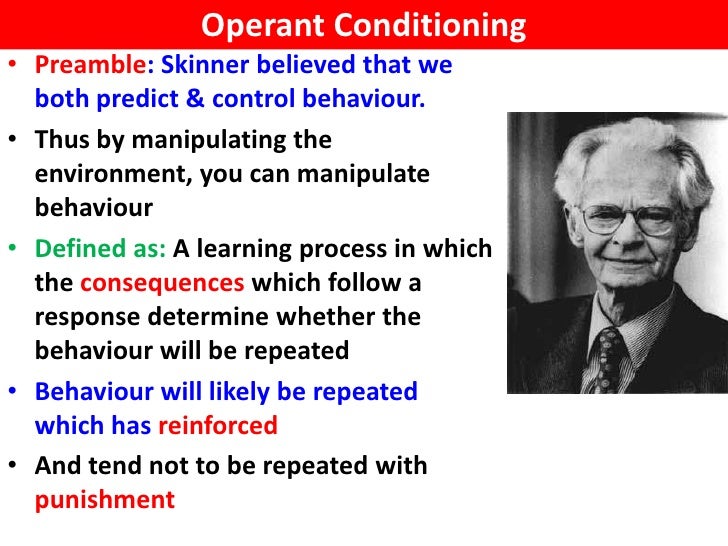First new thread for me - go easy!
See updates below first text
Key info I couldn't fit in the headline:
- only looks at action video games
- only looks at adult gamers
- only looks at those who play a decent amount, 6+ hours a week
- potential risk increase isn't specifically for Alzheimer's, but neurological disorders broadly
Like most of you (I assume) I'm very cynical about research like this, but this one seems fairly legit. Weighs the pros and potential cons quite evenly. But the below is based on a science news website post. Does anyone have access to the full article? (I don't.)
Link: http://www.sciencedaily.com/releases/2015/05/150519210303.htm
Snippets with my emphasis:
Imo there's no point reading junk like this unless we look at what we can do about it. So I present: stuff to keep your hippocampus healthy. Exercise and exercise + learning + relaxation.
UPDATE:
The original article is quite clear that it's just an association and that videogames don't necessarily directly affect the hippocampus. But well played, Gdian.
UPDATE 2 (direct from source article):
UPDATE 3:
Excuse me, action-RPG ego shooter video games are my favourite kind. Philistine. I love shooting egos.
See updates below first text
Key info I couldn't fit in the headline:
- only looks at action video games
- only looks at adult gamers
- only looks at those who play a decent amount, 6+ hours a week
- potential risk increase isn't specifically for Alzheimer's, but neurological disorders broadly
Like most of you (I assume) I'm very cynical about research like this, but this one seems fairly legit. Weighs the pros and potential cons quite evenly. But the below is based on a science news website post. Does anyone have access to the full article? (I don't.)
Link: http://www.sciencedaily.com/releases/2015/05/150519210303.htm
Snippets with my emphasis:
A new study published in the journal Proceedings of the Royal Society B shows that while video game players (VGPs) exhibit more efficient visual attention abilities, they are also much more likely to use navigation strategies that rely on the brain's reward system (the caudate nucleus) and not the brain's spatial memory system (the hippocampus).
Past research has shown that people who use caudate nucleus-dependent navigation strategies have decreased grey matter and lower functional brain activity in the hippocampus.
This means that people who spend a lot of time playing video games may have reduced hippocampal integrity, which is associated with an increased risk of neurological disorders such as Alzheimer's disease."
Because past research has shown video games as having positive effects on attention, it is important for future research to confirm that gaming does not have a negative effect on the hippocampus.
Imo there's no point reading junk like this unless we look at what we can do about it. So I present: stuff to keep your hippocampus healthy. Exercise and exercise + learning + relaxation.
UPDATE:
Rebuttal by the Guardian
http://www.theguardian.com/science/...nk-between-video-games-and-alzheimers-disease
So far this is all pretty sensible, so where is the link to Alzheimer’s disease? In fact, the researchers didn’t look at dementia or perform any clinical tests. But they nevertheless embark on a series of logical leaps, which go like this:
1. The type of learning shown by the gamers has been associated in previous studies with increased use of a brain region called the caudate nucleus
2. Increased use of the caudate nucleus can be associated with reduced volume of the hippocampus
3. Reduced volume of the hippocampus can be associated with increased risk of Alzheimer’s disease
4. Therefore (take a deep breath) video gaming could increase risk of Alzheimer’s disease
Convinced?
As usual, the news headlines conflate this conjecture with fact. “Call of Duty increases risk of Alzheimer’s disease”, said the Telegraph. “Video game link to psychiatric disorders suggested by study”, reported the Guardian. The Daily Mail posed the problem as a question, “Could video games increase your risk of Alzheimer’s?”, reminding us that whenever a news headline asks a question, the answer is no.
The original article is quite clear that it's just an association and that videogames don't necessarily directly affect the hippocampus. But well played, Gdian.
UPDATE 2 (direct from source article):
http://rspb.royalsocietypublishing.org/content/282/1808/20142952
The habitual playing of video games is associated with increased grey matter and activity in the striatum. Studies in humans and rodents have shown an inverse relationship between grey matter in the striatum and hippocampus. We investigated whether action video game playing is also associated with increased use of response learning strategies during navigation, known to be dependent on the caudate nucleus of the striatum, when presented in a dual solution task. We tested 26 action video game players (actionVGPs) and 33 non-action video game players (nonVGPs) on the 4-on-8 virtual maze and a visual attention event-related potential (ERP) task, which elicits a robust N-2-posterior-controlateral (N2pc) component. We found that actionVGPs had a significantly higher likelihood of using a response learning strategy (80.76%) compared to nonVGPs (42.42%). Consistent with previous evidence, actionVGPs and nonVGPs differed in the way they deployed visual attention to central and peripheral targets as observed in the elicited N2pc component during an ERP visual attention task. Increased use of the response strategy in actionVGPs is consistent with previously observed increases in striatal volume in video game players (VGPs). Using response strategies is associated with decreased grey matter in the hippocampus. Previous studies have shown that decreased volume in the hippocampus precedes the onset of many neurological and psychiatric disorders. If actionVGPs have lower grey matter in the hippocampus, as response learners normally do, then these individuals could be at increased risk of developing neurological and psychiatric disorders during their lifetime.
Abstract and link to the study (payment required to access the whole article)
UPDATE 3:
OK, so I have access to the full article, and have some basis for understanding what they were doing (I work as a psychologist).
Basically, they observed a strategic difference in how people who play action video games and those who do not solve a particular puzzle. In their discussion they cite previous research that suggests that these strategies are more dependent on different brain areas.
They also cite other lines of research on how the grey matter density of these areas could impact people (such as lower density in the hippocampus being associated with dementia). However, discussion sections are often kind of a discussion of what results could mean and what their implications could be. In this way, the most direct conclusion from their research is simply that the players of action video games are more likely to use a particular strategy than those who do not.
Everything else is speculation to some extent. Moreover, even if we assume that there is a connection between "action gamers" being more reliant on the caudate nucleus than the hippocampus, they do not have any indication it would result in reduced hippocampus grey matter density. They also suggest that the differences may be the result of action gamers utilizing more efficient attention strategies, which could have also thrown off one of their measurements. Finally, there is also a limitation in that they saw somewhat large individual variation within the groups, indicating that more research needs to be done on these strategies without other factors like video games.
At the end they refer to "action-RPG ego shooter video games," a categorization from another article. This strikes me as funny (and a good example of the technical jargon that gets thrown around in research articles), as I'm both a gamer and a psychologist and I have no clue what that means.
Excuse me, action-RPG ego shooter video games are my favourite kind. Philistine. I love shooting egos.



